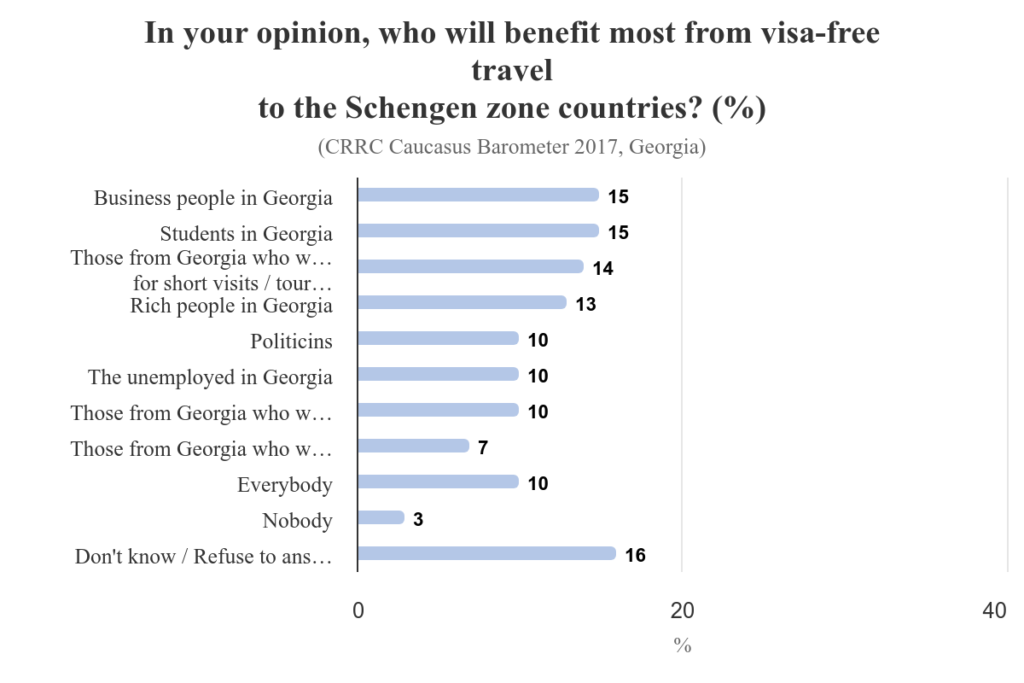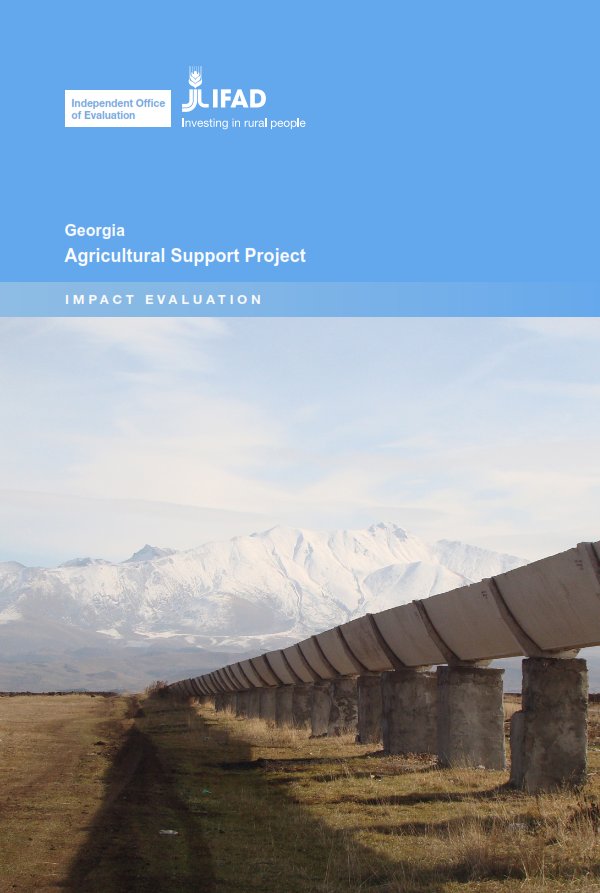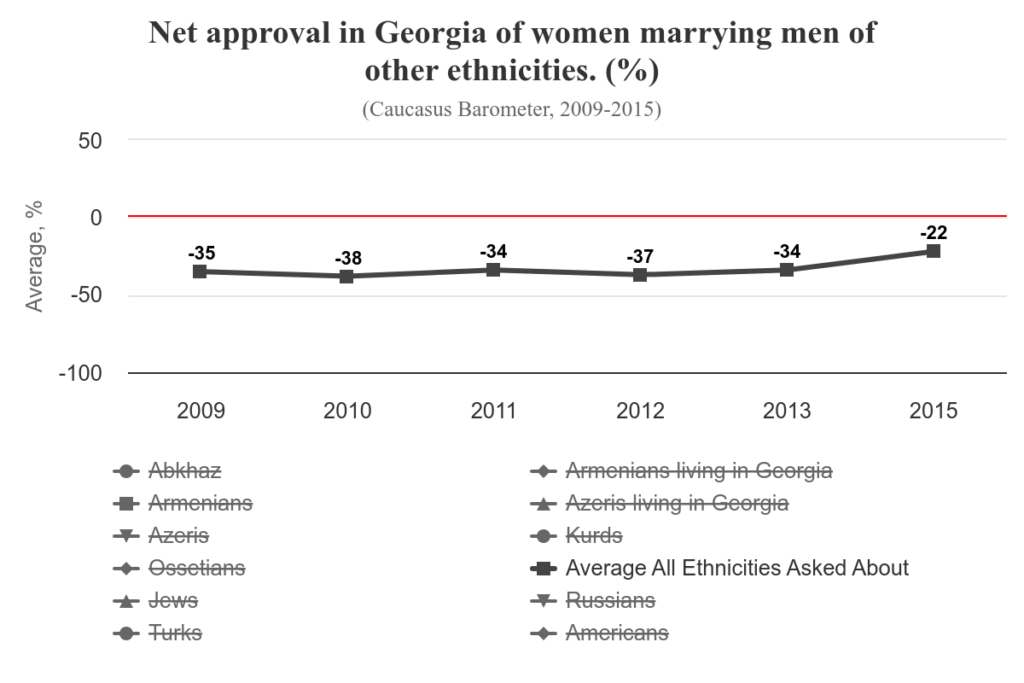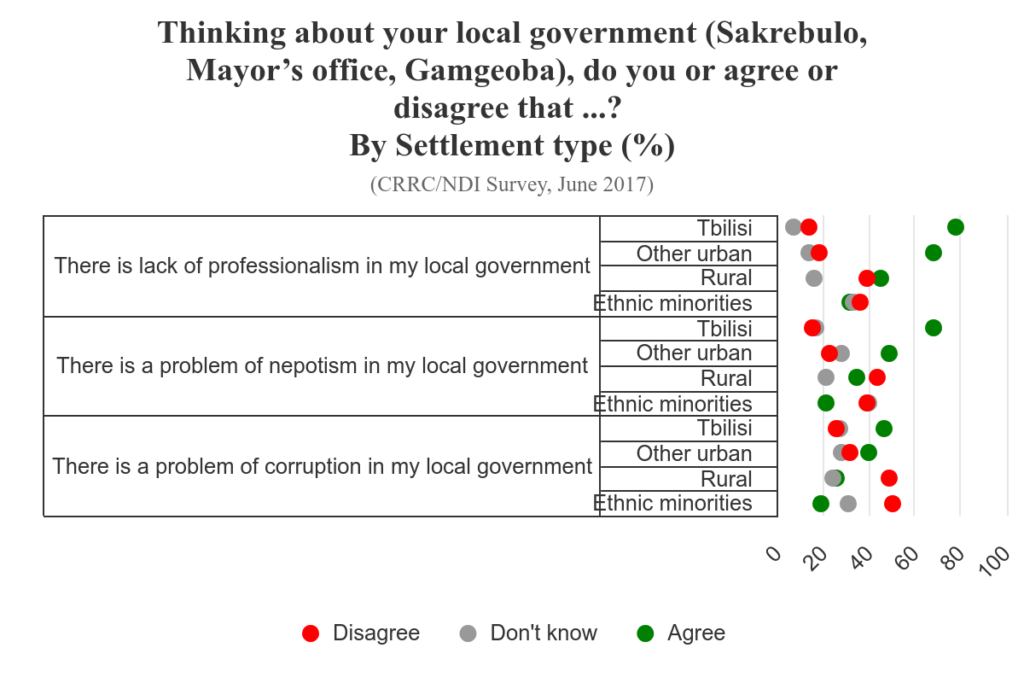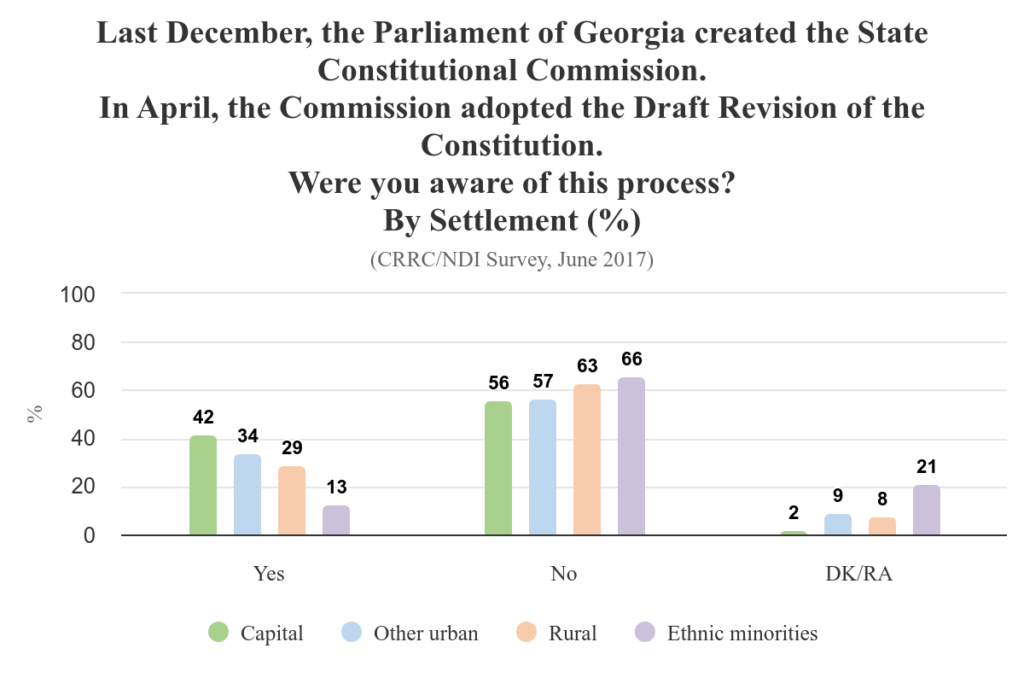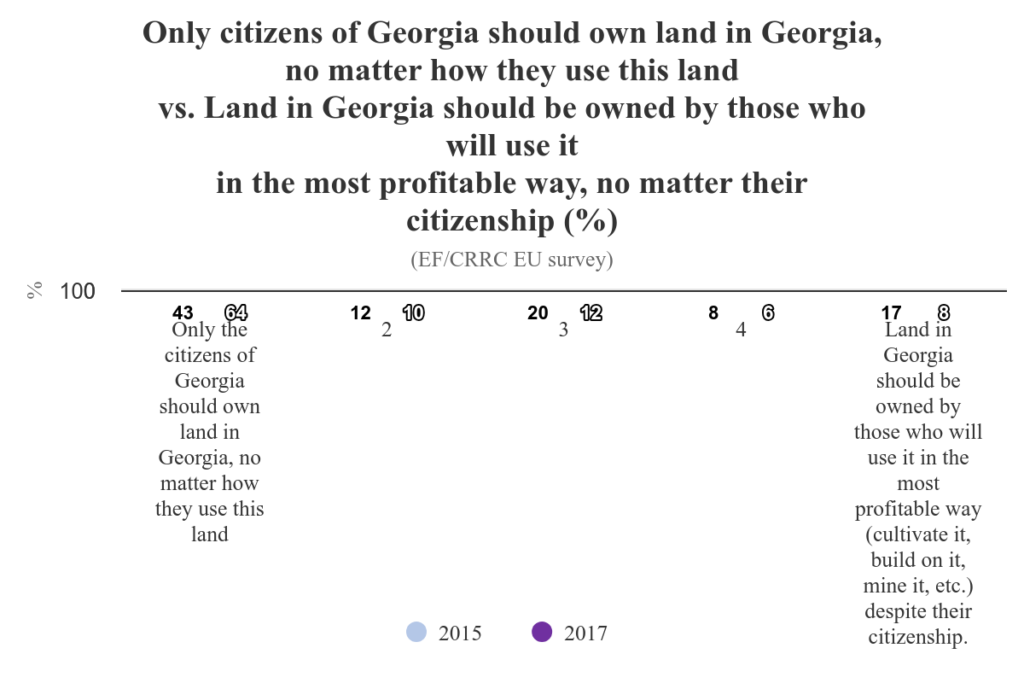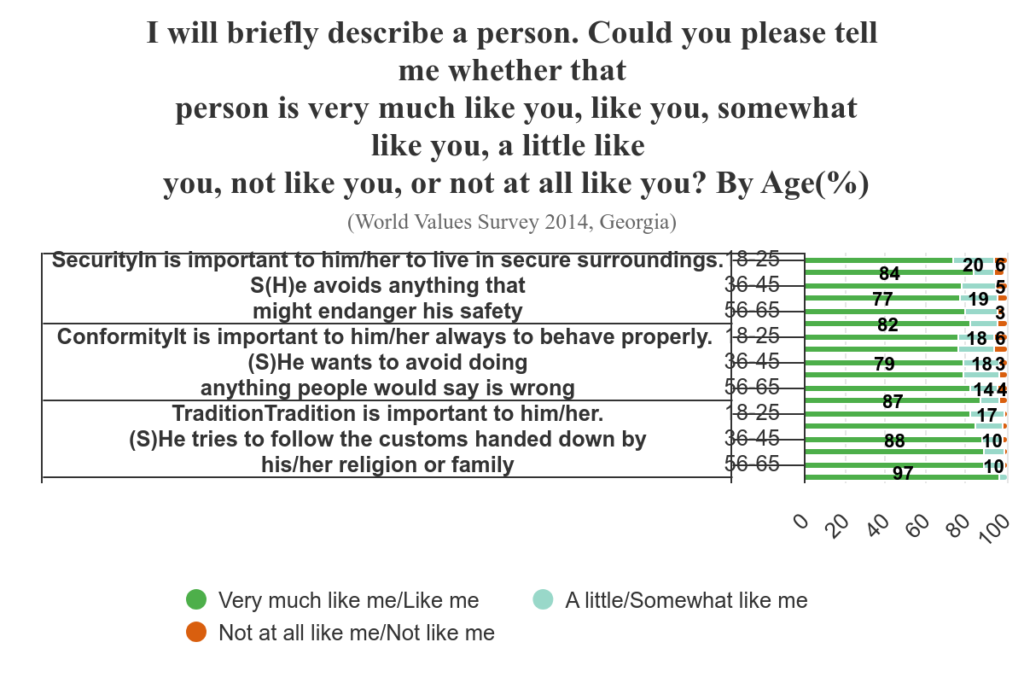
As Georgian society is going through social and cultural changes, it is important to understand people’s beliefs and values. Comparing the values of young people to those of the older generations is also important. This blog post summarizes the findings…
